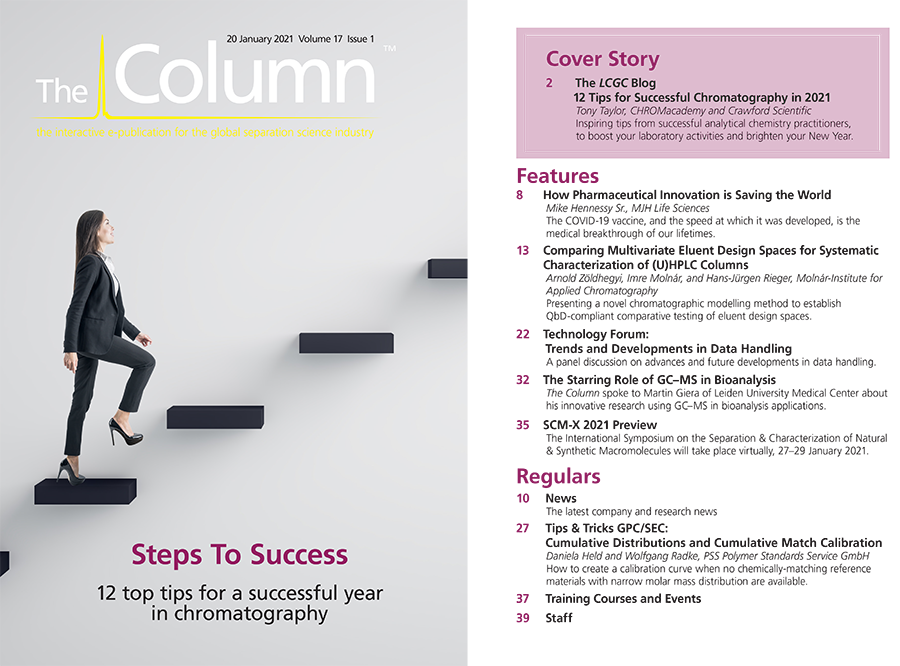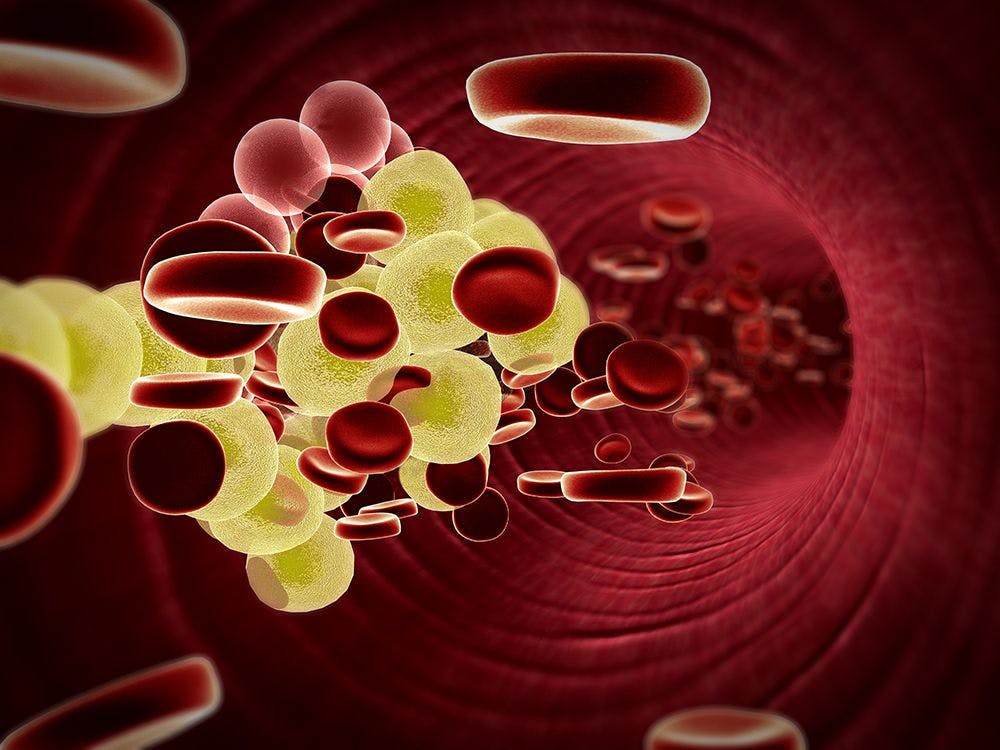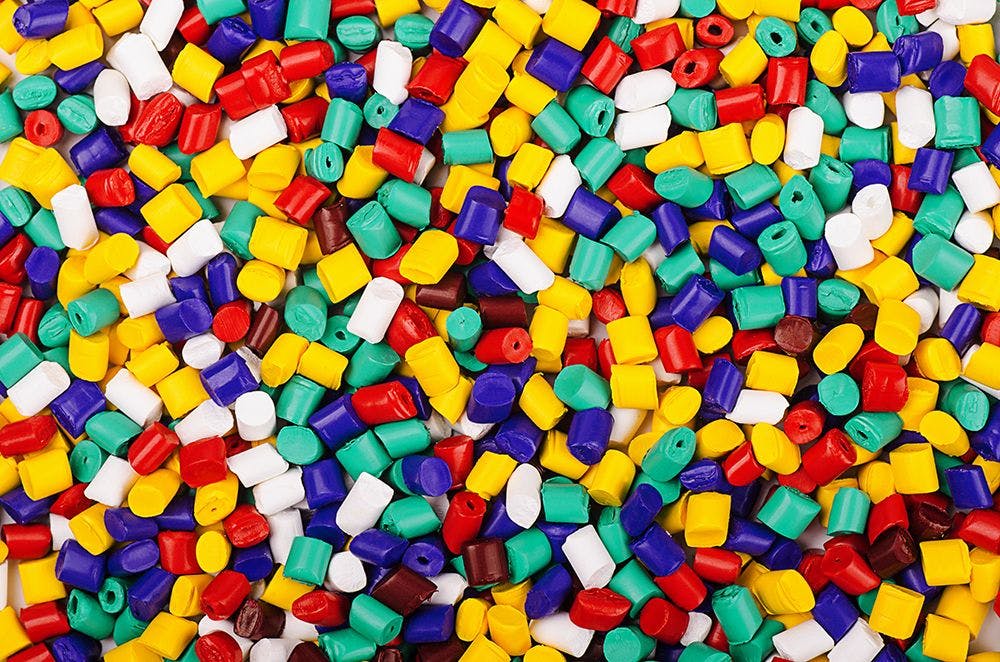LCGC Columnist Anurag Rathore Receives Agilent Thought Leader Award
Professor Anurag Rathore, a scientist at the Indian Institute of Technology (IIT) in Delhi, is the first researcher based in India to receive this award.
Agilent Technologies Inc. has honored Professor Anurag Rathore, a scientist at the Indian Institute of Technology (IIT) Delhi, with the Agilent Thought Leader Award, for his contributions to the field of biopharmaceutical research and his work with advanced methods for molecular characterization of biosimilars.
“I feel humbled to be chosen for an Agilent Thought Leader Award,” said Rathore. “As one of the many researchers at IIT Delhi working in the new COVID-19 normal, this is an encouraging and welcome event. The award will propel me to work harder as we strive to bring the technologies and products we have been working on to market.”
The award Rathore received includes new Agilent instrumentation equipment, including a liquid chromatography–QTOF-mass spectrometry (LC-QTOF-MS) instrument, an automated liquid handling platform, and a two-dimensional LC (2D-LC) system. Rathore also received a grant that will be used to promote academic-based research on critical areas that are impacting the biopharmaceutical industry.
Agilent is invested in developing workflows to streamline the analysis of critical charge and glycosylation heterogeneity of monoclonal antibodies. Rathore’s laboratory is focusing on the best practices toward molecular characterization of monoclonal antibody–based biosimilars. The goal of Rathore’s laboratory work is to create best practices that facilitate commercialization of biotech drugs.
Rathore, in addition to his work at IIT, also serves as a regular columnist for LCGC, where he is the editor of the “Focus on Biopharmaceutical Analysis” column.
The Agilent Thought Leader Award program promotes fundamental scientific advances by contributing financial support, products, and expertise to the research of influential thought leaders in the life sciences, diagnostics, and chemical analysis space. Further information is available on the Agilent Thought Leader Award web page.

Altering Capillary Gas Chromatography Systems Using Silicon Pneumatic Microvalves
May 5th 2025Many multi-column gas chromatography systems use two-position multi-port switching valves, which can suffer from delays in valve switching. Shimadzu researchers aimed to create a new sampling and switching module for these systems.
Studying Cyclodextrins with UHPLC-MS/MS
May 5th 2025Saba Aslani from the University of Texas at Arlington spoke to LCGC International about a collaborative project with Northwestern University, the University of Hong Kong, and BioTools, Inc., investigating mirror-image cyclodextrins using ultra-high performance liquid chromatography–tandem mass spectrometry (UHPLC–MS/MS) and vibrational circular dichroism (VCD).

.png&w=3840&q=75)

.png&w=3840&q=75)



.png&w=3840&q=75)



.png&w=3840&q=75)













